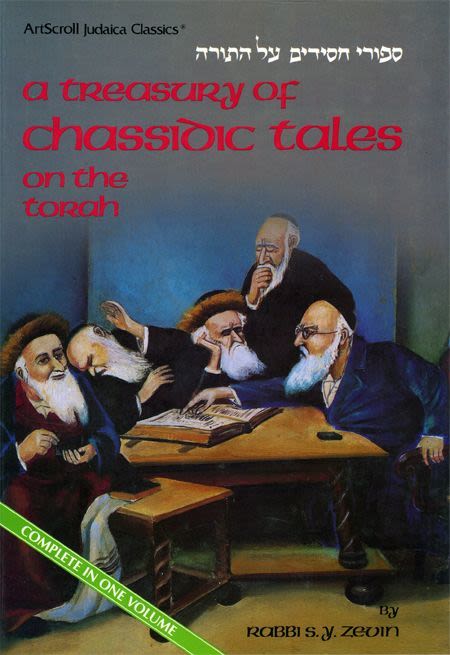
Anger, Aggression, and Success
You've taken me up the trail to tranquility. You've shown me of the benefits of an anger-free life. I admit - I do feel better out here on the imaginary...

Anger, Aggression, and Success – Questions and Answers:
1. Lazer, you’ve taken me up the trail to tranquility. You’ve shown me of the benefits of an anger-free life. I admit – I do feel better out here on the imaginary trail with you. But, when I get home, I’ll wake up to the stark reality of Monday morning in the affluent North American society of aggressive macho males and hard-hitting feminists stepping all over other people on their way to the top. And you know what, I see with my own eyes that the tyrants succeed! If I bring my goals of modesty, integrity, and spirituality to the cold, hard world of fast-lane competition and intrigue, won’t I get trodden on?
Superb question; at a superficial glance, you’re correct – it does seem that the tyrants get ahead in the world. Let’s examine your assumption on a deeper level, by viewing a few case studies of different tyrants (in the case of those still alive, I can’t reveal their full identity for obvious reasons, even though you may know who we’re referring to).
Case 1 – Idi Amin: Idi Amin was the President of Uganda. At first, he was an African freedom fighter trained and supported by the West. Following the overthrow of Milton Obote, Amin became President in 1971. Drunk with power, he declared himself President for life. Any Ugandan, who merely hinted that the Amin regime was distasteful, was put to death. Amin killed hundreds of thousands of citizens, throwing their bodies into Lake Victoria.
In 1976, he had the “distinction” of being the first head of state to grant official asylum to terrorists and hijackers, when he allowed four terrorists to land a hijacked Air France plane in Entebbe.
Amin’s “closest” associates waited for the right opportunity to get rid of him. In 1979, he lost power and was exiled – first to Nigeria, and then to Saudi Arabia. In August, 2003, he died a lonely, miserable death as an exile, far away from home. Would you call this success?
Case 2 – “Mike”: Mike is a former heavyweight boxing champion who punched his way to stardom. He’s angry and aggressive, and has earned millions of dollars. In the ring, he once bit an opponent’s ear off. Out of the ring, he was sent to prison for rape. He expressed no remorse for either misdeed. In August 2003, his attorneys declared bankruptcy for him in a federal court. Today, he’s a loser, left with nothing but his anger, aggression, and base instincts. I don’t think you’d call that success, either.
Case 3 – “Judy”: Judy tenaciously worked her way up to the summit of a world-renown firm in Manhattan mass media. She terrorizes her employees, as well as the board members to whom she answers. Her rich vocabulary of epithets is more than colorful, and she has no qualms about pouring her unchecked wrath on anyone in her immediate vicinity. True, Judy is an extremely talented professional. She also doesn’t have much to show from her seven-figure annual earnings, because of the massive amounts she’s spent on the drawn-out court cases of four nasty divorces. After work, Judy goes home – alone – to the four walls of her penthouse, like an angry squawking parrot in a golden cage. Would you envy such a life?
Case 4 – “Ernie”: Recently, Ernie was forcefully retired from his presidency of a major international banking firm. Like Judy, Ernie is also a brilliant professional. Yet, he alienated many associates by stepping all over them on his way to the top. Even Ernie’s wife and children gave scoops to European journalists, telling them about their horrid life with their aggressive, angry, and egocentric husband and father.
The day Ernie became 65, the board of directors uncovered a finely printed clause in the bank’s employee regulations manual: “Section 4, Clause 7: The bank reserves the right to retire any employee at any time, with no prior notice, commencing from the employee’s sixty-fifth birthday.” The board activated the clause immediately. Overnight, Ernie found himself on the outside – no more power, no more prestige, and no more position. Today, Ernie wastes much of his elaborate pension on analysts. He’s brokenhearted, angry as ever, and frustrated. Not even his family wants anything to do with him. Is this the way you’d like your life to be?
Look at all the tyrants from time immemorial. None had happy endings. Their success was always short-lived. Dovid HaMelech (King David) taught us that the meek shall inherit the earth (Tehillim 37:11); Hollywood and Wall Street don’t subscribe to Dovid HaMelech’s thoughts, but meanwhile, Dovid HaMelech’s principle has proved to be historically correct for thousands of years.
Maybe the role of a Spartan warrior, a Viking, or a Roman centurion is a lot more appealing than the humble role of a wise Talmudic scholar, yet the wise scholars are still with us today, while the Spartans, the Romans, and the Vikings have vanished from the face of the earth. I can go on and on with more case studies, but I think you get the point. Nevertheless, let’s look at our album of “meek”, handicapped anti-macho types, who really did inherit the earth:
* Franklin D. Roosevelt – paralyzed from the waist down, yet successfully led the United States through one of the most difficult times in its history.
* Helen Keller – blind, yet pioneered Braille and our entire system of special education for the blind.
* Thomas Edison – deaf; “I utilized my handicap to increase my powers of concentration, since I didn’t have to listen to the small talk and nonsense of other people,” he wrote in his memoirs, and rose to become the greatest of American inventors.
* Mahatma Gandhi – a frail weakling, but a giant of emotional strength. Gandhi was the father of “peaceful resistance,” the mode of non-violent protest that led to the independence of India.
* Ray Charles – blind, but one of the giants of 20th Century American music.
Notice how history remembers all the above anti-macho types with love and admiration. Now, take a good look at the tyrants you know. Is there a single one who is happy? Has a single one been successful on the long run? Does history love and admire Hitler, Stalin, Idi Amin, or Saddam Hussein? I don’t think so.
To be continued . . .
(The Trail to Tranquility is available in the Breslev Store.)













Tell us what you think!
Thank you for your comment!
It will be published after approval by the Editor.